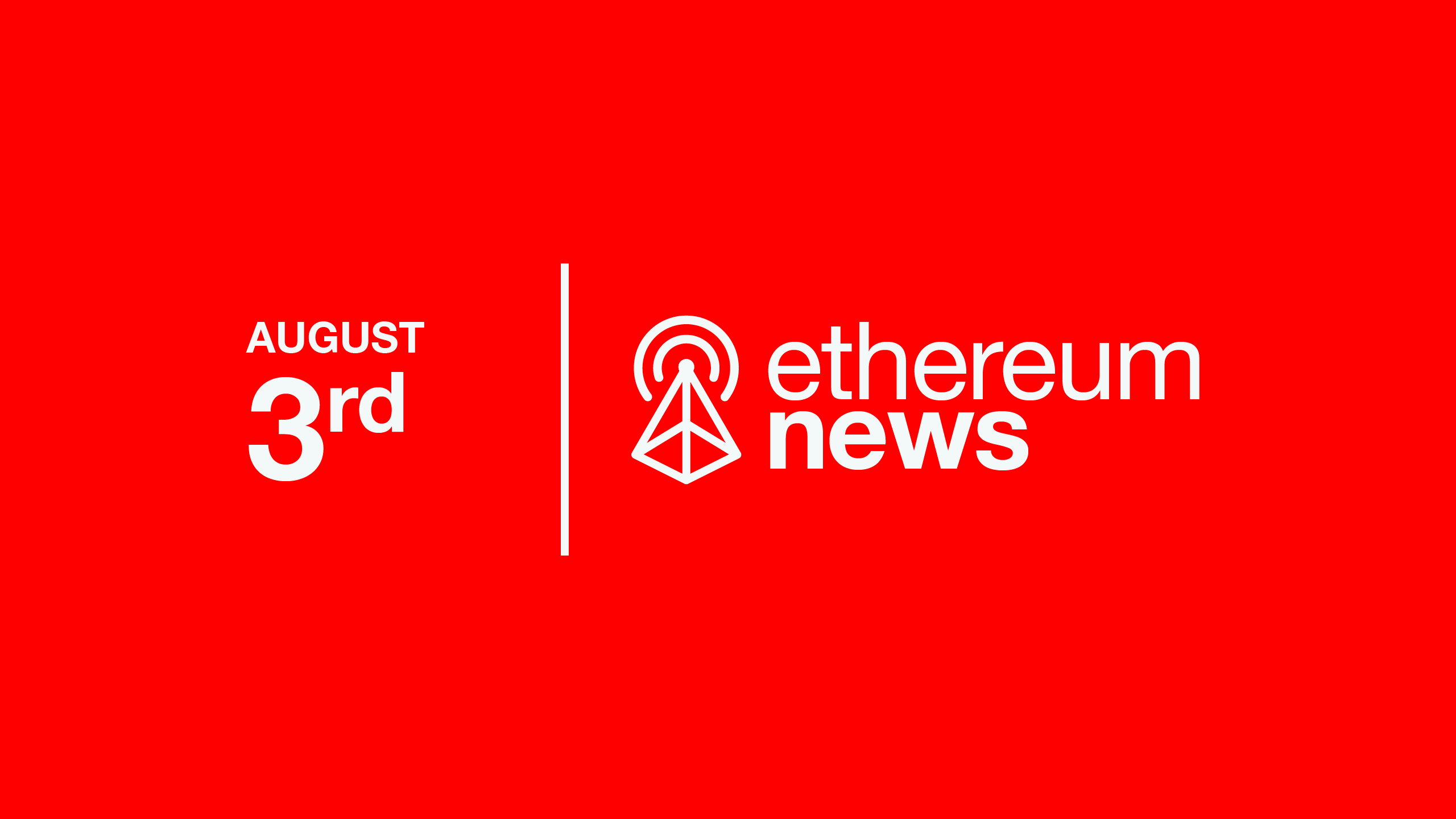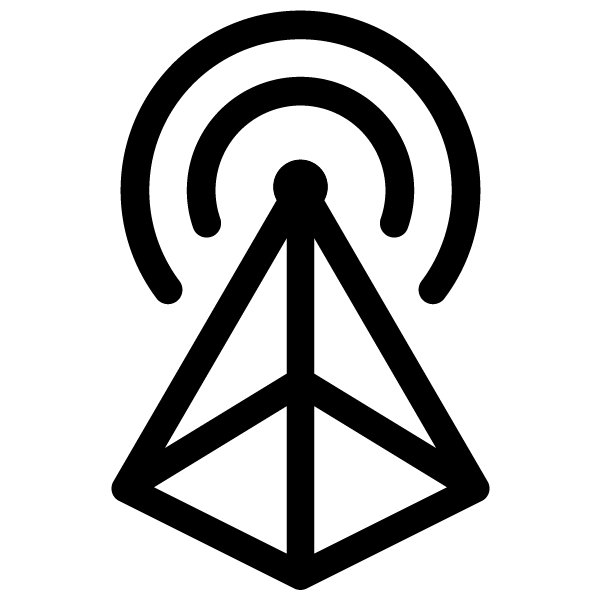Base Opens For Bridging
Users can now bridge to the network through the native bridge on bridge.base.org.

Quick Take
- Offchain Labs introduces a dispute protocol.
- zkSync accused of not attributing copied code.
- Base opens for bridging.
- Curve sends a message to its exploiter.
Listen on: Apple | Castbox | Spotify | YouTube | Lens
Optimism Highlights 🔴✨
Base Opens For Bridging
Base, an OP Stack chain by Coinbase, is now open for bridging. Users can now bridge to the network through the native bridge on bridge.base.org or through ecosystem bridges, including Hop and Rhino.fi. Base Mainnet will rollout all users on August 9th with the launch of Onchain Summer, a month-long program featuring daily NFT mints. Users can currently mint a free Bridge to Base commemorative NFT. Coinbase is also providing a grants initiative in partnership with NounsDAO. Users who build and create eligible projects on Base will be selected to receive a share of 100 ETH in retroactive funding. Base mainnet holds over $90 million in TVL.Disclosure: We are covering more Optimism news (than usual) to qualify for RetroPGF.
Offchain Labs Introduces BOLD
Offchain Labs introduced a new dispute protocol called Bounded Liquidity Delay (BoLD). The protocol enables permissionless validation, which is an improvement over current optimistic rollup chains that rely on permissioned validation. In the current system, a malicious validator can spend funds to delay the confirmation of assertions. BoLD addresses delay attacks by implementing a fixed upper bound of 7 days for additional delay on confirmations. This ensures a maximum confirmation latency, regardless of dishonest behavior. With BoLD, honest validators can successfully resolve disputes on Ethereum even when facing multiple adversaries. BoLD will be deployed on devnet in the coming weeks.
Polygon Claims zkSync Failed To Attribute Code
Polygon accused Matter Labs of copying open-source code from Polygon’s Plonky2 software library without attribution. Matter Labs used a section of the code for Boojum, a STARK-based proof system. Additionally, Polygon alleges that Matter Labs made misleading claims about Plonky2’s performance. In response, zkSync co-founder Alex Gluchowski directed users to the Boojum module, which states the use of a Plonky2 implementation in the first line. The use of the copied code is also mentioned in the README file and in the Boojum announcement post. Alex noted that the code constitutes a small portion of Boojum’s overall codebase.
Curve Sends Message To Its Hacker
Curve, Metronome, and Alchemix sent an onchain message to a hacker responsible for exploiting a Vyper vulnerability to extract over $18 million from Curve Finance stablecoin pools. The onchain message seeks for the hacker to return the funds in exchange for 10%. The hacker has until August 6th to comply. If the funds are not returned, Curve will offer a 10% bounty to anyone who provides information leading to the hacker’s conviction in court. The hacker’s address currently holds 7,680 weth and 7.2 million CRV tokens. Curve also sent an onchain message to the Alchemix pool exploiter, extending the same offer.
Alchemy Q2 Development Report
Blockchain infrastructure provider Alchemy released a Q2 Web3 Development Report, outlining trends in blockchain developer activity. The report notes that smart contracts deployed on EVM chains increased by 302% compared to Q1. It found a decrease in activity on the Goerli testnet, citing Sepolia as the new preferred testnet. It also found a 5-figure percent increase in account abstraction user operation and paymaster volume.

